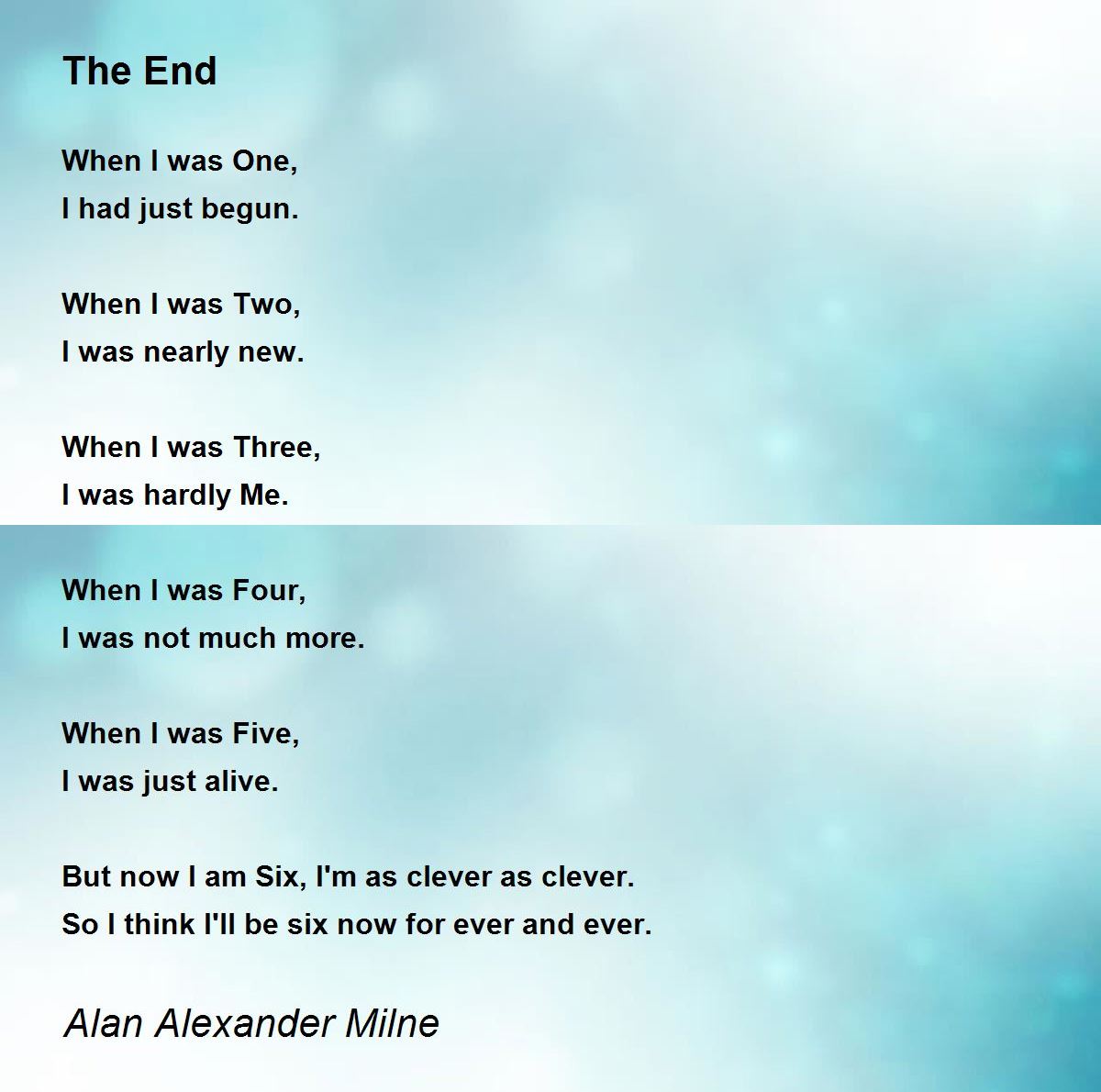
His first published poem, "A Fable For Feasters", was written as a school exercise and was published in the Smith Academy Record in February 1905. He said the results were gloomy and despairing and he destroyed them. He began to write poetry when he was 14 under the influence of Edward Fitzgerald's translation of the Rubaiyat of Omar Khayyam.

I consider myself fortunate to have been born here, rather than in Boston, or New York, or London." įrom 1898 to 1905, Eliot attended Smith Academy, the boys college preparatory division of Washington University, where his studies included Latin, Ancient Greek, French, and German. I feel that there is something in having passed one's childhood beside the big river, which is incommunicable to those people who have not.

Louis affected me more deeply than any other environment has ever done. In his memoir about Eliot, his friend Robert Sencourt comments that the young Eliot "would often curl up in the window-seat behind an enormous book, setting the drug of dreams against the pain of living." Secondly, Eliot credited his hometown with fuelling his literary vision: "It is self-evident that St. Once he learned to read, the young boy immediately became obsessed with books, favouring tales of savage life, the Wild West, or Mark Twain's thrill-seeking Tom Sawyer. As he was often isolated, his love for literature developed. Struggling from a congenital double inguinal hernia, he could not participate in many physical activities and thus was prevented from socialising with his peers. First, he had to overcome physical limitations as a child. Known to family and friends as Tom, he was the namesake of his maternal grandfather, Thomas Stearns.Įliot's childhood infatuation with literature can be ascribed to several factors. Eliot was the last of six surviving children. His mother, Charlotte Champe Stearns (1843–1929), who wrote poetry, was a social worker, which was a new profession in the U.S. His father, Henry Ware Eliot (1843–1919), was a successful businessman, president and treasurer of the Hydraulic-Press Brick Company in St Louis. Louis, Missouri, to establish a Unitarian Christian church there. Eliot's paternal grandfather, William Greenleaf Eliot, had moved to St. The Eliots were a Boston Brahmin family, with roots in England and New England. 2.5 Old Possum's Book of Practical Cats.1.4 Conversion to Anglicanism and British citizenship.

He was awarded the 1948 Nobel Prize in Literature, "for his outstanding, pioneer contribution to present-day poetry".

He was also known for seven plays, particularly Murder in the Cathedral (1935) and The Cocktail Party (1949). It was followed by " The Waste Land" (1922), " The Hollow Men" (1925), " Ash Wednesday" (1930), and Four Quartets (1943). Alfred Prufrock" in 1915, which, at the time of its publication, was considered outlandish. Įliot first attracted widespread attention for his poem " The Love Song of J. He became a British citizen in 1927 at the age of 39, subsequently renouncing his American citizenship. Louis, Missouri, to a prominent Boston Brahmin family, he moved to England in 1914 at the age of 25 and went on to settle, work, and marry there. Considered one of the 20th century's major poets, he is a central figure in English-language Modernist poetry.īorn in St. Thomas Stearns Eliot OM (26 September 1888 – 4 January 1965) was a poet, essayist, publisher, playwright, literary critic and editor.


 0 kommentar(er)
0 kommentar(er)
